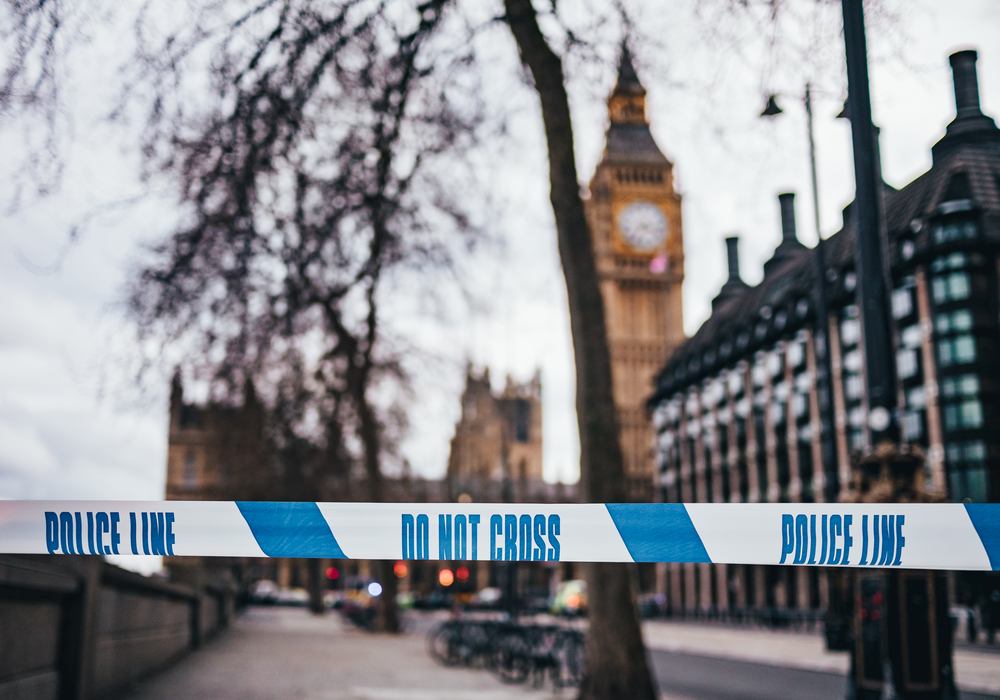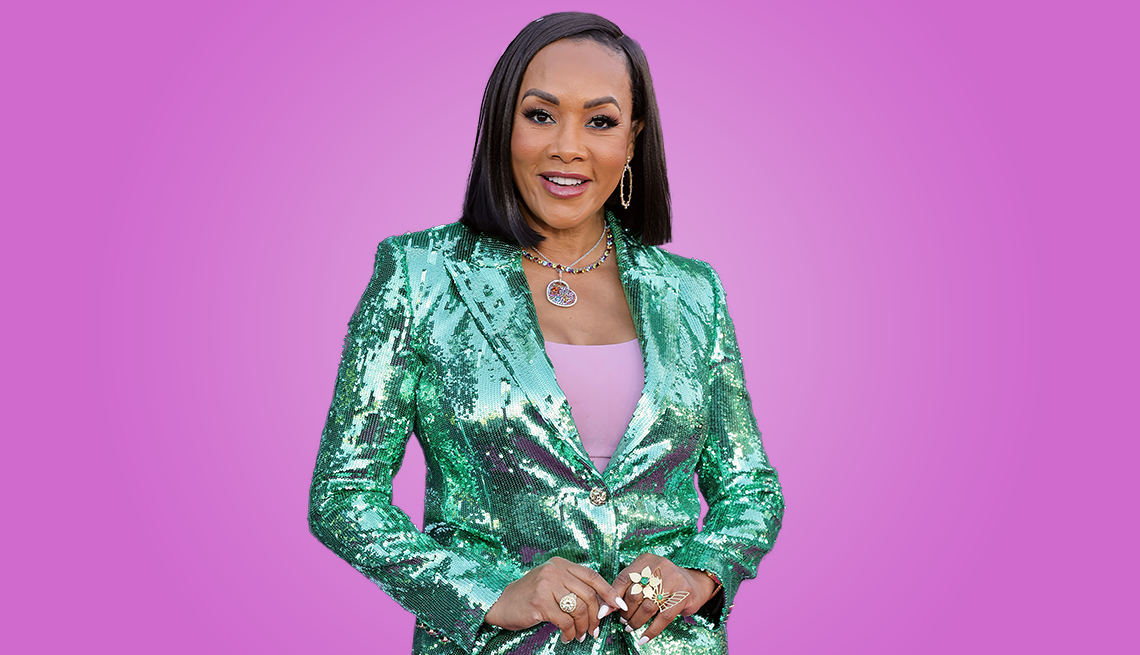
- Select a language for the TTS:
- UK English Female
- UK English Male
- US English Female
- US English Male
- Australian Female
- Australian Male
- Language selected: (auto detect) - EN
Play all audios:
Relaxing slightly his recent dedication to _ omertà _ , Boris Johnson has been giving interviews in the last 24 hours, one to the BBC’s political editor Laura Kuenssberg and another to LBC’s
Nick Ferrari. The Ferrari conversation was particularly fatuous, though in the current spiteful and over-wrought atmosphere it has gained a measure of notoriety among journalists and the
ABB (anyone but Boris) brigade. Ferrari began by accusing his guest of cowardice for failing to answer questions in public, an accusation which Johnson refuted by pointing to the various
interviews he was in fact giving, as well as the 16 Tory party hustings. The host then asked him: “Are you telling me, as a journalist, that the private life of a future prime minister is
not of interest?” Johnson replied that although it might be of interest to the public, he would not bring his family or loved ones into the public domain. Ferrari moved on to the latest
picture of Johnson and his girlfriend Carrie Symonds, which appeared to show them happy and reconciled after last week’s Camberwell bust-up. When, he wanted to know, had the picture been
taken? Wasn’t Johnson’s hair too long for it to have been taken over the weekend? Did he know the picture was going to be published? This last was asked 26 times, and 26 times Johnson batted
it away. The exchange lasted nearly five minutes, time which, as Johnson pointed out, would have been better spent talking about his plans for Brexit and the sunlit uplands to which it will
lead the British people. Journalists love this sort of thing, often citing Jeremy Paxman’s ferocious grilling of Michael Howard as a triumph for our trade. Actually it is an egotistical
waste of time and contributes to the degradation of political discourse. The BBC interview was more conventional, both in its form and in the Westminster establishment tenor of Laura
Kuenssberg’s questioning. She began with his plan for Brexit, and the idea of a post-Halloween implementation period without a withdrawal agreement. Johnson said he would get an agreement
because there is a very different mood in Europe now. And, he said, there are technical solutions to the Irish border problem. But, Kuenssberg countered, the EU has said there can be no
deal. You must, she insisted, tell the British people how you’re going to do it. Here is the essential problem with how the media deals with the Brexit process. Naturally journalists want to
know what’s happening, and, more importantly, convince the public that they know. But after the failure of Mrs May’s approach, we are in a different negotiating environment. Remainer
politicians, as well as most of the media, portray Michel Barnier as a stern unbending opponent who will not and cannot change his mind. But in reality Barnier is a civil servant, a hired
hand, who does the bidding of his 27 masters. Certainly the EU member states were all signed up to Mrs May’s withdrawal agreement, but that’s a dead letter. Once the UK has a new prime
minister — whether it’s Johnson or Hunt — there will have to be a new reckoning. A prime minister committed to delivering what the British people voted for in 2016 will have to keep a
no-deal exit on the table. I think we may find that the _ Bundesverband der Deutschen Industrie _ likes the idea of a hard Brexit no better than does the Confederation of British Industry.
That is Boris Johnson’s gamble, and he will be well advised not to be drawn into prematurely discussing the unknowable details of an unknowable deal.








